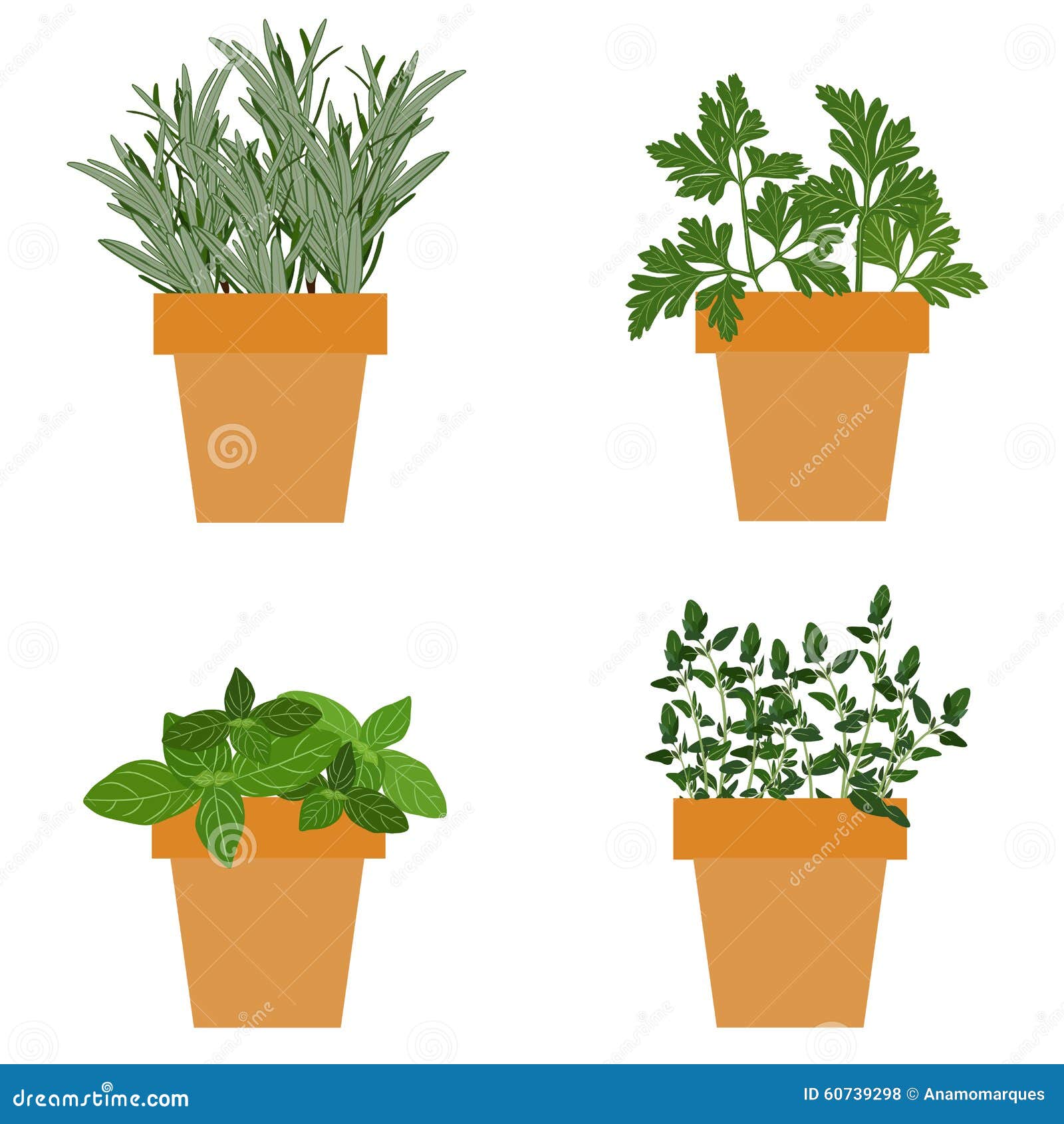Exploring The Culinary World Of Rosemary & Thyme

Table of Contents
Rosemary and thyme. These two powerhouse herbs, with their deeply intertwined history and intensely aromatic profiles, have captivated cooks for centuries. Their versatility stretches across countless cuisines and culinary applications, offering a spectrum of flavors that can elevate even the simplest dish. This article delves into the fascinating world of rosemary and thyme, exploring their unique characteristics, culinary uses, and the joy of incorporating these fragrant herbs into your own cooking.
<h2>The Distinctive Flavors and Aromas of Rosemary and Thyme</h2>
Understanding the individual flavor profiles of rosemary and thyme is key to unlocking their full potential in the kitchen. Rosemary, with its characteristic needle-like leaves, offers a robust, piney aroma with subtle hints of citrus. This distinct herbal note makes it a fantastic complement to roasted meats, particularly lamb and chicken. Thyme, on the other hand, presents a more earthy and subtly lemony flavor, lending a delicate warmth to dishes. Its smaller leaves contribute a milder yet equally impactful taste.
- Rosemary flavor: Piney, slightly citrusy, herbaceous, strong aroma.
- Thyme flavor: Earthy, subtly lemony, warm, milder aroma.
- Synergistic effect: The combination of rosemary and thyme creates a complex and well-rounded flavor profile, enhancing savory dishes.
- Individual highlights: Rosemary shines in roasted meats, while thyme excels in soups, stews, and sauces.
<h2>Rosemary and Thyme in Different Cuisines</h2>
The culinary applications of rosemary and thyme are as diverse as the cuisines they grace. These aromatic herbs hold prominent positions in many global culinary traditions.
-
Mediterranean Cuisine: Rosemary is a staple in Mediterranean cooking, often featuring in roasted lamb dishes, hearty stews, and flavorful bread. Thyme, too, plays a significant role, adding its earthy notes to various vegetables and meat preparations. Think of classic Greek or Italian recipes.
-
French Cuisine: In French cuisine, thyme is particularly treasured, showcasing its versatility in classic stews like pot-au-feu and enriching the fragrant blends of herbs de Provence. Rosemary finds its place in roasts and other savory dishes.
-
Italian Cuisine: Both herbs are essential components in Italian cooking. Rosemary adds its distinctive piney aroma to roasted vegetables and meats, while thyme finds its place in pasta sauces and flavorful bread recipes.
-
Beyond the Mediterranean: While strongly associated with Mediterranean and European cuisines, rosemary and thyme find their way into various global dishes, adding unique aromatic layers to otherwise diverse culinary landscapes. For example, some Asian and South American recipes use these herbs in creative ways.
<h2>Creative Culinary Applications of Rosemary and Thyme</h2>
The uses of rosemary and thyme extend far beyond simple seasoning. These versatile herbs can be incorporated into your cooking in surprisingly creative ways.
-
Rosemary-infused olive oil: Infusing olive oil with fresh rosemary sprigs creates a fragrant oil perfect for drizzling over bread, salads, or grilled vegetables.
-
Thyme butter: Combine softened butter with fresh thyme leaves, creating a compound butter ideal for grilled fish, vegetables, or even steak.
-
Rosemary and thyme marinade: A simple marinade featuring both herbs, along with garlic and lemon juice, can dramatically enhance the flavor of chicken, pork, or even tofu.
-
Baking with rosemary and thyme: These herbs bring unique flavor dimensions to baked goods like bread, scones, and even certain cookies.
<h3>Growing Your Own Rosemary and Thyme</h3>
The most rewarding way to experience the fresh flavors of rosemary and thyme is to grow your own. Both herbs are relatively easy to cultivate, thriving in well-drained soil and plenty of sunlight. Growing your herbs at home guarantees access to fresh, flavorful additions to your meals, enriching your dishes and offering a connection to your food. Plus, the aroma of these herbs in your garden is a treat in itself! You can easily grow them in pots or directly in the garden.
<h2>Conclusion</h2>
The culinary world of rosemary and thyme is vast and exciting. These aromatic herbs offer a unique versatility, enhancing the flavors of dishes across diverse culinary traditions. From their distinct individual profiles to their synergistic combinations, rosemary and thyme provide endless possibilities for creative culinary exploration. Their ease of cultivation only adds to their appeal. Explore the culinary world of rosemary and thyme today! Start experimenting with these aromatic herbs and elevate your cooking!

Featured Posts
-
 Former Nypd Commissioner Bernard Kerik Dies At Age 69 A Legacy Remembered
May 31, 2025
Former Nypd Commissioner Bernard Kerik Dies At Age 69 A Legacy Remembered
May 31, 2025 -
 Tres Ingredientes Un Viaje Al Siglo Xix Receta Aragonesa Tradicional
May 31, 2025
Tres Ingredientes Un Viaje Al Siglo Xix Receta Aragonesa Tradicional
May 31, 2025 -
 Devoir De Justice Pour Les Etoiles De Mer Une Nouvelle Perspective Sur Les Droits Du Vivant
May 31, 2025
Devoir De Justice Pour Les Etoiles De Mer Une Nouvelle Perspective Sur Les Droits Du Vivant
May 31, 2025 -
 Detroit Tigers Vs Minnesota Twins Friday Nights Road Trip Opener
May 31, 2025
Detroit Tigers Vs Minnesota Twins Friday Nights Road Trip Opener
May 31, 2025 -
 Banksys Immersive Art Experience Now In Vancouver
May 31, 2025
Banksys Immersive Art Experience Now In Vancouver
May 31, 2025
